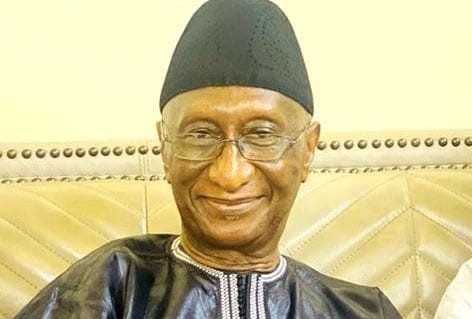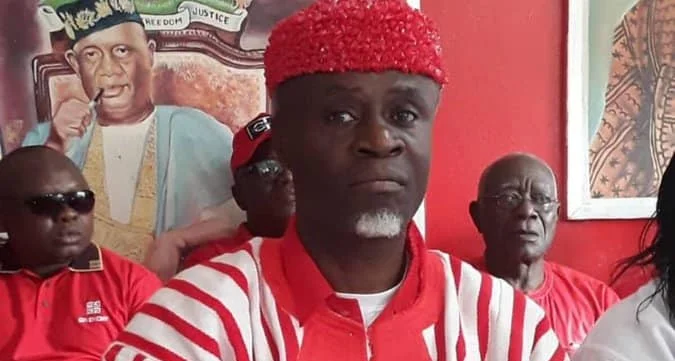By Alhaji MB Jalloh
Hajj, the fifth pillar of Islam, is a sacred, once-in-a-lifetime journey that demands serious preparation and support.
For it to be meaningful and dignified, home governments must ensure smooth arrangements for their citizens. Failure to do so, exposes pilgrims to unnecessary hardship and severely hampers their spiritual experience.
Before 2010, Sierra Leone’s Hajj operations were marred by disorganization and exploitation. Private agents handled pilgrim affairs under multiple banners, with minimal oversight. Many of them prioritized profit over the welfare of pilgrims. Promises made in Freetown were often broken in Mecca. Pilgrims were left stranded in airports, lodged in substandard accommodations, and frequently got lost while moving between holy sites. The system lacked structure, accountability, and compassion.
A turning point came in 2010 under the leadership of President Ernest Bai Koroma. Recognizing the need for reform, he placed the Hajj process under direct government supervision. The Sierra Leone Embassy in Saudi Arabia was asked to draft a restructuring framework.
That document, for which I was one of the drafters, finalized by a committee chaired by Honourable Alhaji Minkailu Mansaray and deputized by the late Ambassador Alhaji MS Kargbo, formed the basis of a new, efficient Hajj management system.
The results were immediate and profound. Pilgrims no longer languished in Saudi airport terminals due to unpaid Royalty fees. Under the guidance of Minister Minkailu Mansaray, his team and the support of the Embassy led by the late Ambassador Wusu Munu, pilgrims moved quickly through formalities and were taken directly to comfortable hotels near the Holy Mosques in Mecca and Medina. A key contributor to this breakthrough was Saleh Zaharani, a Saudi friend of Sierra Leone, who helped secure high-quality accommodations.
Transportation and movement between sacred sites, previously chaotic, became coordinated and safe. A combination of staff from Sierra Leone and dedicated nationals living in Saudi Arabia worked hand-in-hand to guide and assist pilgrims.
These resident nationals, fluent in Arabic and familiar with the terrain, were instrumental in ensuring smooth operations. Their voluntary service reflected deep patriotism and religious duty. Sierra Leone’s students and scholars in the Kingdom played another critical role. Their expertise in Islamic jurisprudence and practice helped guide pilgrims in fulfilling rituals correctly, from stoning the Jamarats to circumambulating the Ka’aba. Their involvement elevated the spiritual and educational quality of the pilgrimage.
Sister countries like Nigeria, Senegal, Guinea and The Gambia had long embraced the support of their nationals in Saudi Arabia for Hajj operations. Sierra Leone’s decision to do the same proved wise and effective.
In hindsight, the 2010 restructuring was more than a logistical improvement, it was a moral reawakening. It demonstrated that when systems are built on sincerity, planning, and national pride, success is inevitable. President Koroma’s initiative extended his agenda for change beyond economics and infrastructure to include spiritual and religious wellbeing, a gesture deeply appreciated by the Muslim community in Sierra Leone .
Those who performed Hajj after 2010, agreed that the difference was like night and day. The transformation stands as a testament to what leadership, organization, and national unity can achieve.













